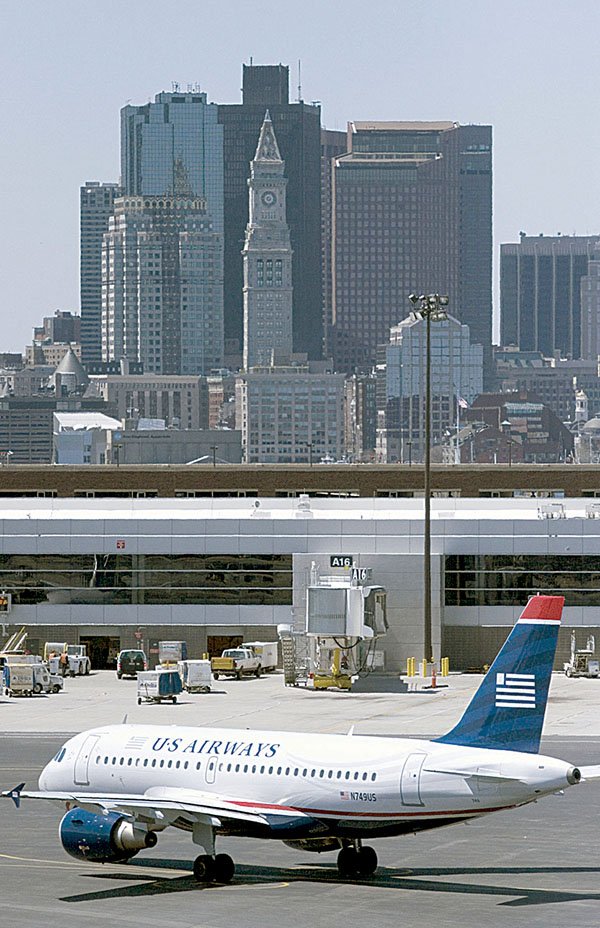GENEVA — Airbus called Monday for talks between the United States and the European Union to end the trans-Atlantic fight over subsidies to aircraft manufacturers, saying it was the only way to end the costly six-year dispute.
The call came as the World Trade Organization prepares to publish its ruling Wednesday on a complaint brought by Washington that European governments illegally loaned Airbus billions to develop aircraft, including its flagship A380 superjumbo.
Airbus spokesman Maggie Bergsma told The Associated Press that negotiations were “the only reasonably possible end to this dispute.”
Rival Boeing insisted a settlement in the case was out of the question.
“The WTO has now ruled in the U.S. case against European government subsidies to Airbus, and the findings will be made public shortly,” said Boeing spokesman Charlie Miller. “Rulings by the WTO are not negotiable by the parties involved, and compliance is important to ensure a viable world trading system.”
Confidential copies of the 1,000-page ruling have been circulating for several weeks, with supporters of both sides claiming victory - though trade officials have refused to confirm the outcome.
Bergsma said Airbus was confident the ruling will deem the loans the company received from European governments legal in principle. But she acknowledged that in practice some of the loans that went toward the A380 program may have breached global trade rules, meaning the WTO panel could declare them to be illegal subsidies.
Miller said he understood from talking to officials familiar with the ruling that “every instance of launch aid that was challenged was found to be an illegal subsidy.”
Such loans - which come from European governments such as Britain, France, Germany and Spain where Airbus planes are made - include infrastructure support and funding for research and development. The loans are virtually risk free since Airbus only repays them as new planes are sold.
With a similar ruling on U.S. government aid to Boeing due to be released to the parties in a matter of weeks, observers say both sides have an interest in ending their tit-for-tat dispute that began in 2004.
Chicago-based Boeing has benefited from billions of dollars in funding from NASA and the U.S. Defense Department to develop military technology that was later modified for civilian planes.
“Obviously the focus this week is Airbus, but if you look at any commercial airplane program in the world, they all get subsidies,” said David Pritchard, a trade specialist at the University at Buffalo.
With China a serious contender to become a third force in the market for large commercial planes, it makes little sense to prolong the costly fight between Washington and Brussels, he said.
“Trade rules need to be totally revamped. Individual case-by-case filing doesn’t work in such a dynamic industry,” said Pritchard. “At the end of the day, what really needs to happen is to get this thing away from the WTO. Europe and the United States need to sit down and hammer out an agreement.”
The two sides have a history of agreeing to limits on subsidies in the aviation industry. But a 1992 deal to that effect ended 12 years later when Washington pulled out and launched its complaint at the WTO. Brussels swiftly responded with a countersuit.
Bergsma said Airbus was ready to talk.
“Unlike Boeing and the U.S. trade representative, who have consistently sought to require European surrender as a prerequisite, we have never tried to impose conditions on those negotiations,” she said.
Business, Pages 23 on 06/29/2010
